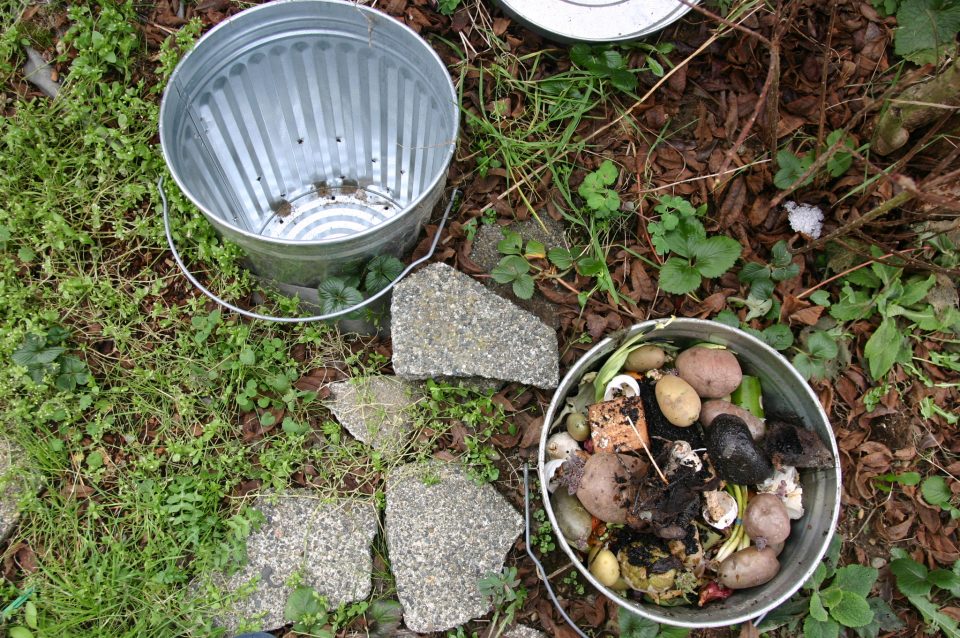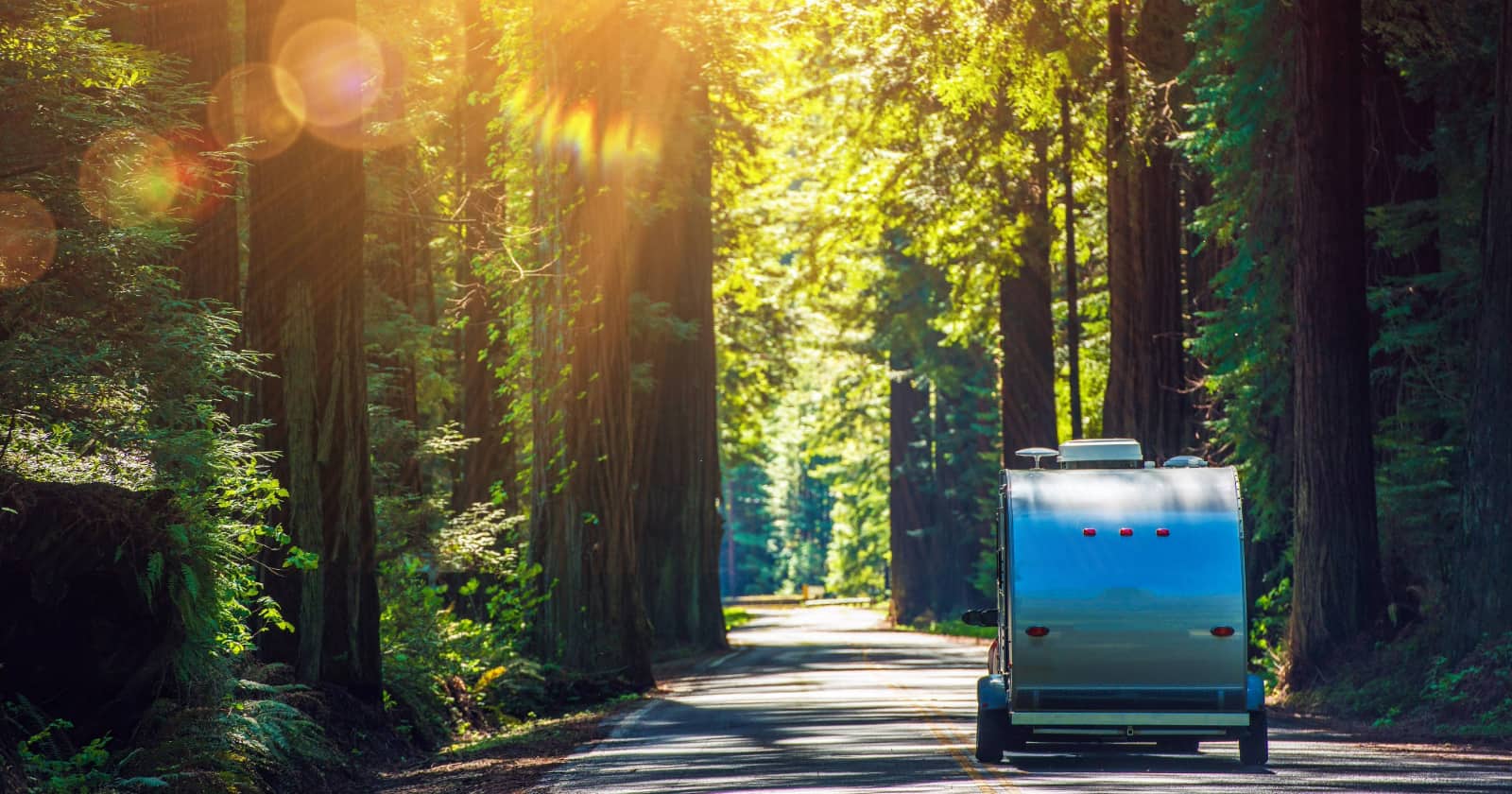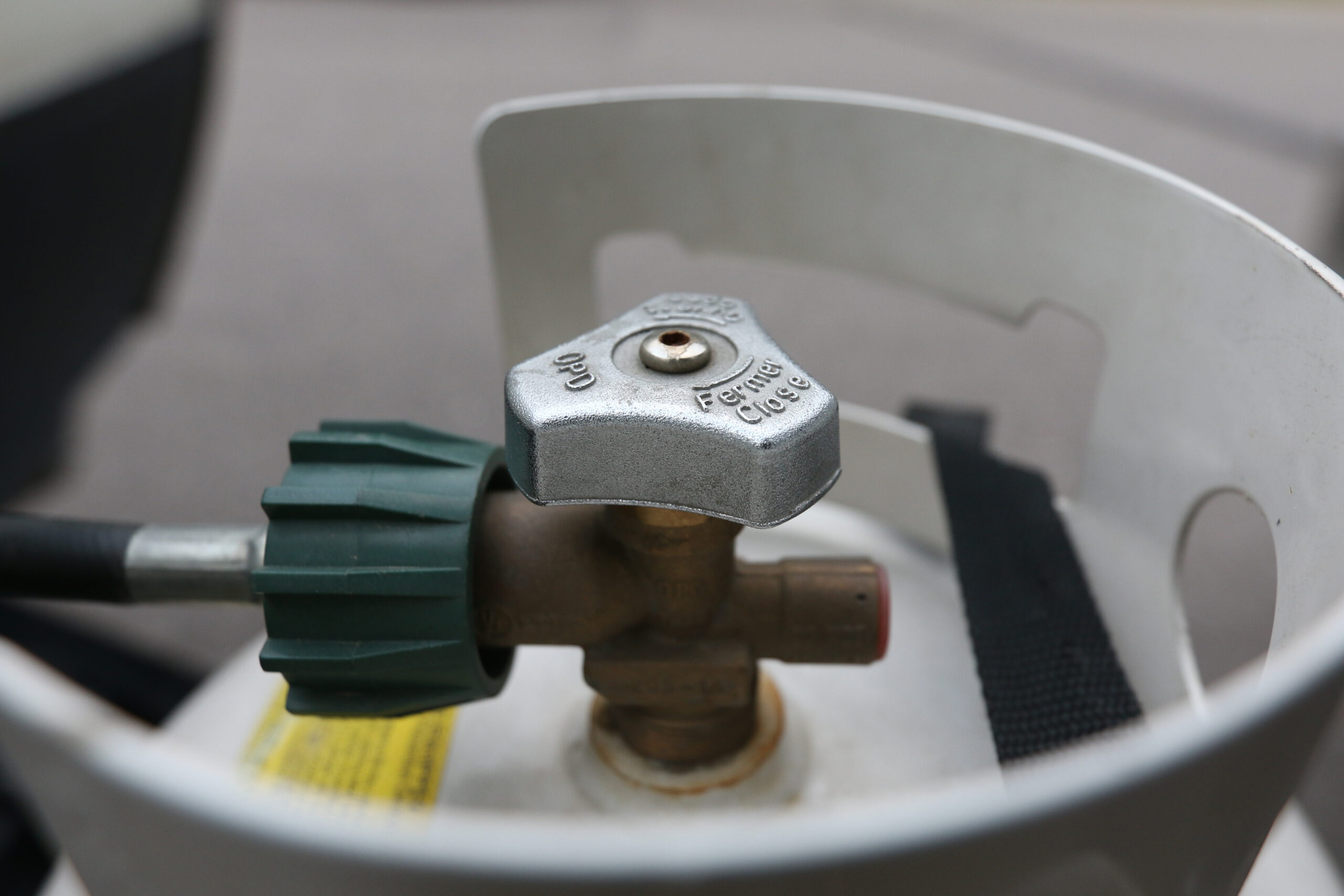There isn’t a lot of room in an RV, especially when it comes to trash. A brief look through your trash bin every once in awhile will give you a great insight as to what you’re throwing away the most. Is your bin full of food scraps? You may want to reduce how much you’re cooking and spending at the grocery store. Are there tons of paper plates? You may want to bring reusable ones instead.
In fact, it’s actually a lot easier than you might think to cut down on how much you’re throwing away.
1. Skip out on the disposable items.
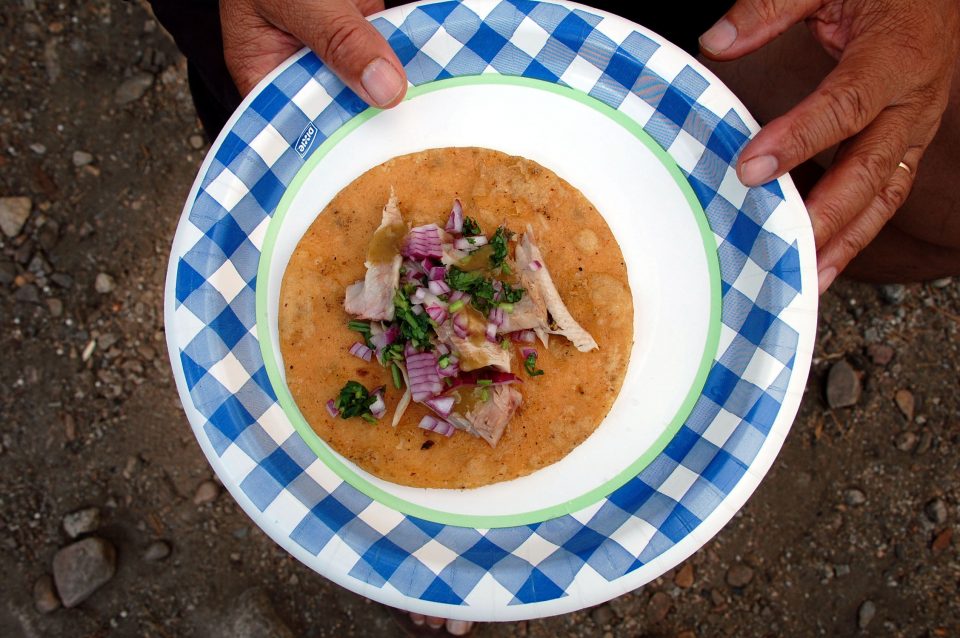
One-time-use items (like paper plates, paper towels, and plastic utensils) are convenient, but they fill your trash up fast. If you’re camping for more than just a couple of days, replace them with reusable plates, napkins, and silverware that can easily be washed off and reused.
2. Compost food scraps.
It’s surprising how much food is in landfills. Organic material mixed with garbage accounts for almost 30-40% of public landfills, according to the USDA. Some things have passed their expiration date or cannot be eaten. But some food that’s thrown away is still very edible.
If you have any canned food or unopened items that are still good but you don’t want them anymore, donate them to a local food bank. You’ll have more space in your kitchen and be happy to know that you helped a family in need.
Aside from extra fridge space, cutting back on how much food you throw away has environmental benefits, too. Food waste that’s mixed in with trash produces a gas known as methane. If you have food scraps, or items that have passed their expiration date, save them in a compost bin (we recommend this stainless steel one).
You can keep old scraps in an emptied out milk carton in your freezer as well. Some towns and cities will collect your compost waste, but you can also turn it into a soil fertilizer (known as humus) for your own at-home gardening.
3. Donate unwanted clothes.
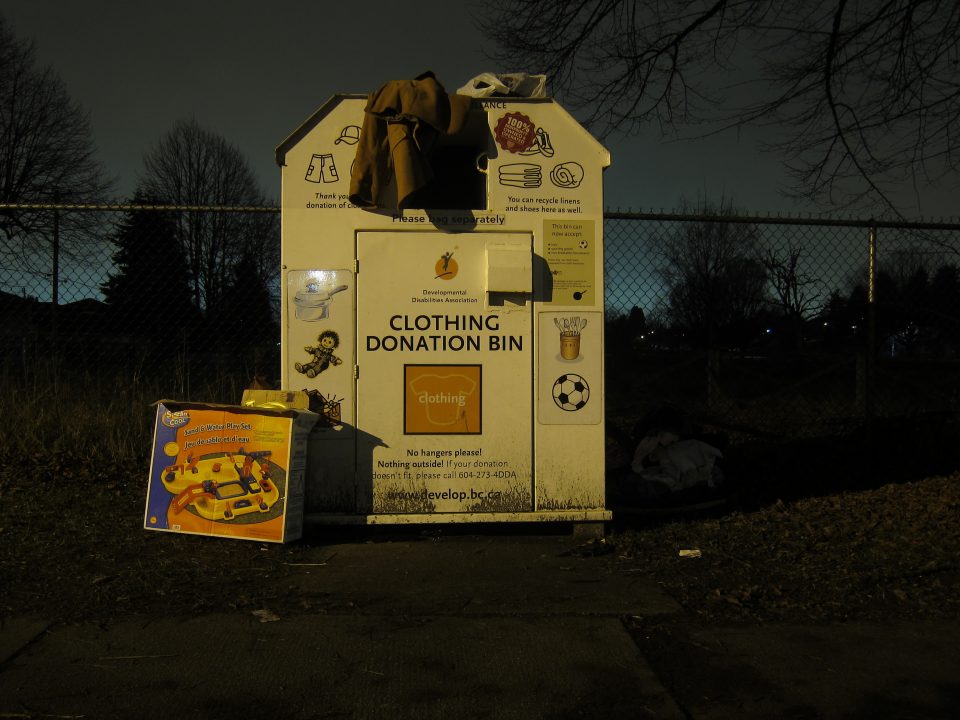
Clothes come and go. They get holes in them, don’t fit anymore, or just aren’t your style anymore. Even if the shirt is now destroyed, the fabric can still be put to good use, instead of sitting in a landfill among other garbage. Plus, there are lots of donation bins across the U.S. where you can drop off bags of unwanted clothes at your leisure. You can also donate them to thrift stores like Goodwill and Value Village.
4. Avoid stocking up on food or drinks that can go bad.
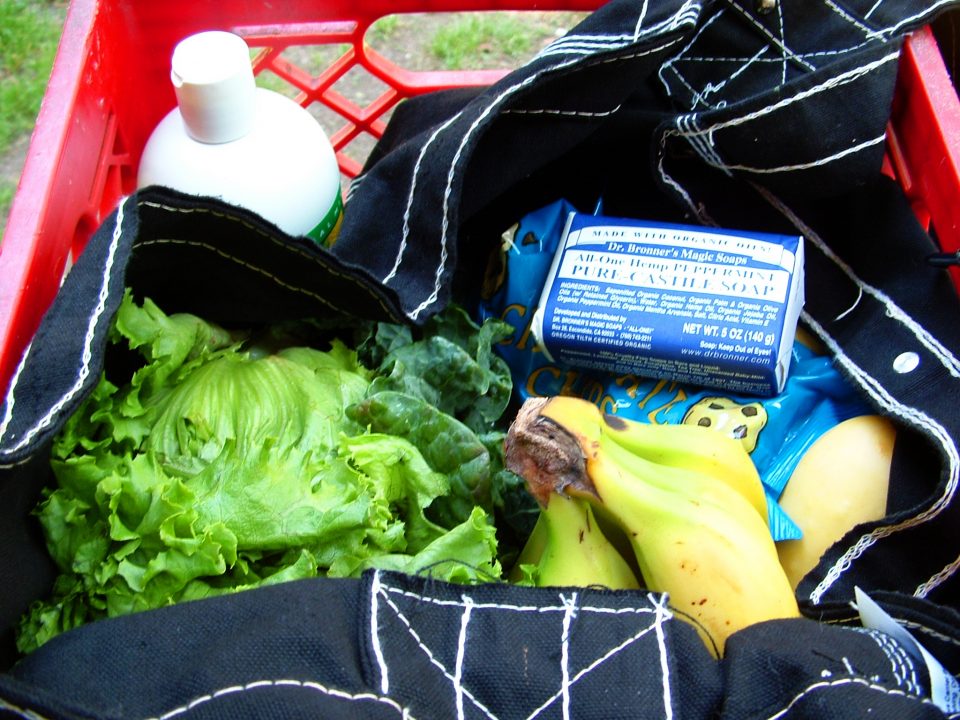
Keep in mind, the terminology on packaging can mean different things. If it says the food “Expires By” a date, it means that’s the last day the manufacturer believes it will be good to eat. On the other hand, similar terms—including “Sell By”, “Use By”, or “Best By”—refer to quality, not safety.
When a food has a date listed with one of these terms, it’s actually just the manufacturer’s best guess as to when they won’t be at peak freshness anymore. The food hasn’t necessarily gone bad, or will get you sick, but rather it’s not guaranteed in flavor. It’s always a good idea to eat with caution and take a good look (and smell) of any food you’re not sure about.
5. Reuse things as often as you can.
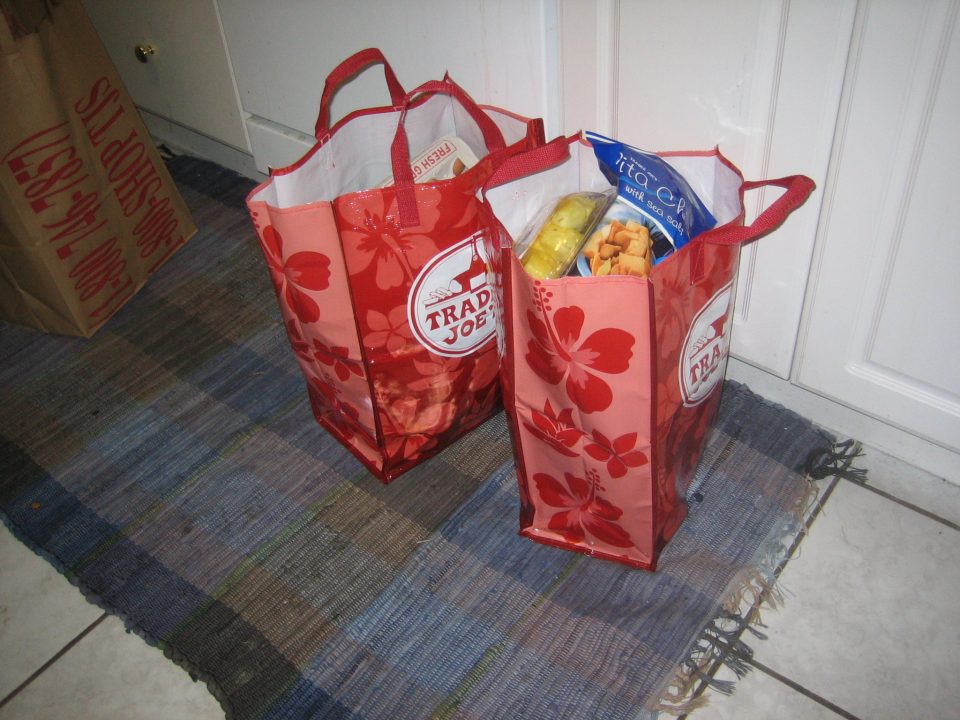
I’m so proud of my reusable grocery bags! by Paul Irish is licensed under CC BY 2.0
This could include anything and everything: Ziploc bags. Glass jars. Reusable bags for shopping. Old t-shirts or socks. Before throwing anything away, consider if it can be reused for any purpose.
6. Make your own food as often as possible (instead of buying food to-go), and avoid single-serving packages.
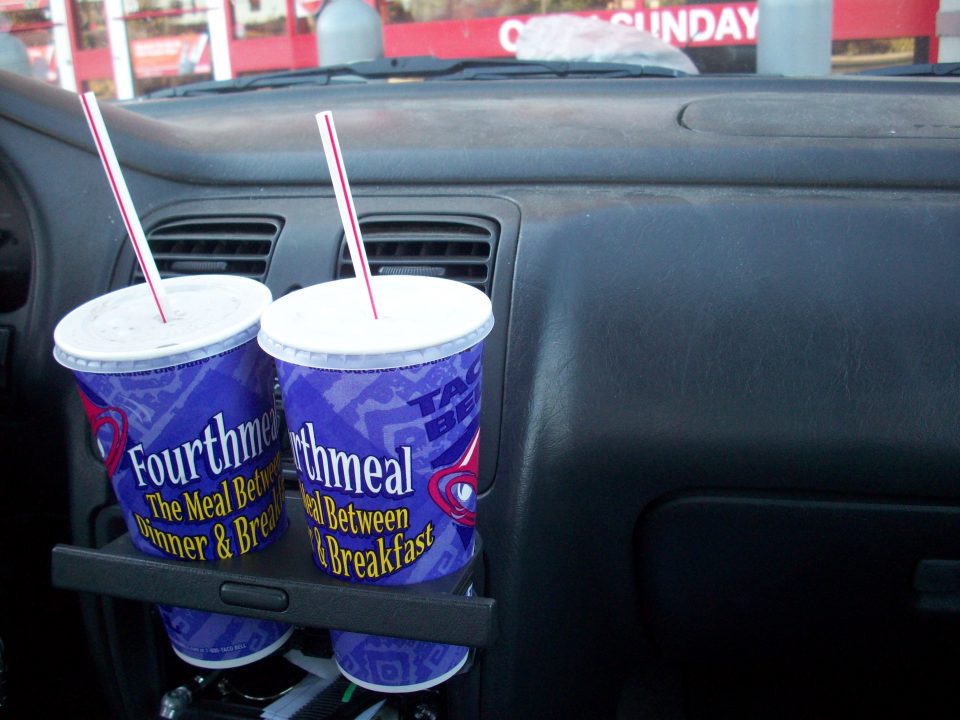
Food and drink containers from restaurants will clog up your trash too. Making food at home (with reusable plates and silverware, of course) is the best way to eliminate all packaging waste. It also helps to avoid single-serve packages as much as possible. For example, instead of buying a small one-serving bag of chips, get the larger version and use a chip clip to hold it closed instead.
7. Upcycle food and drink containers.
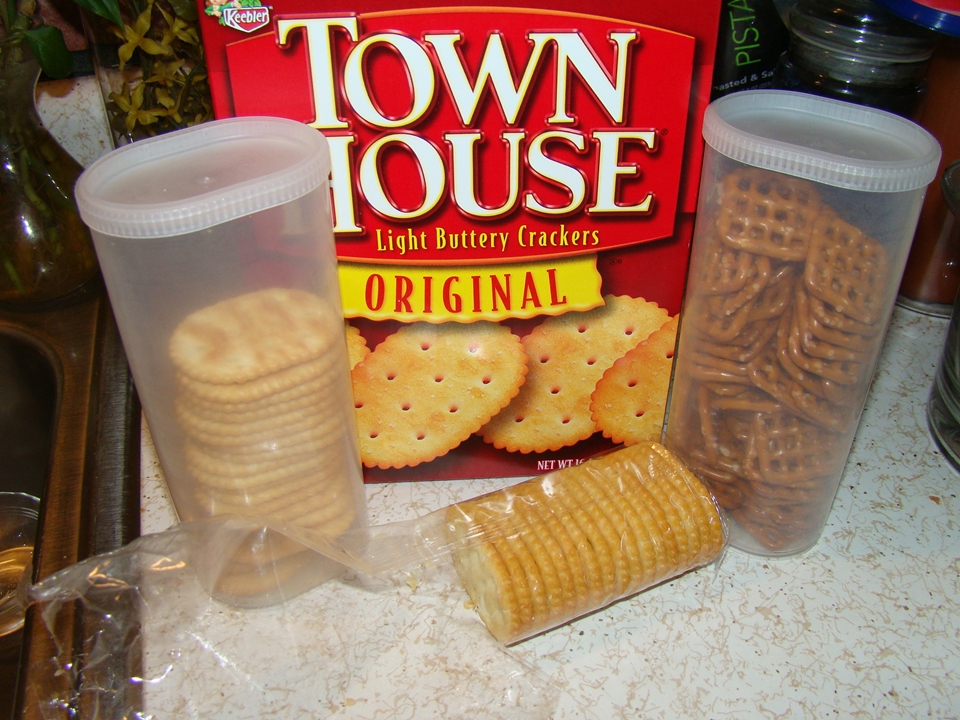
Once they’re cleaned out, most food and drink containers can be reused in a variety of ways. Emptied ketchup bottles, coffee creamer containers, Pringles cans, or even Crystal Light plastic bins (as pictured above) can serve a second purpose.
8. Consider giving things you don’t want to other campers (or selling them online).
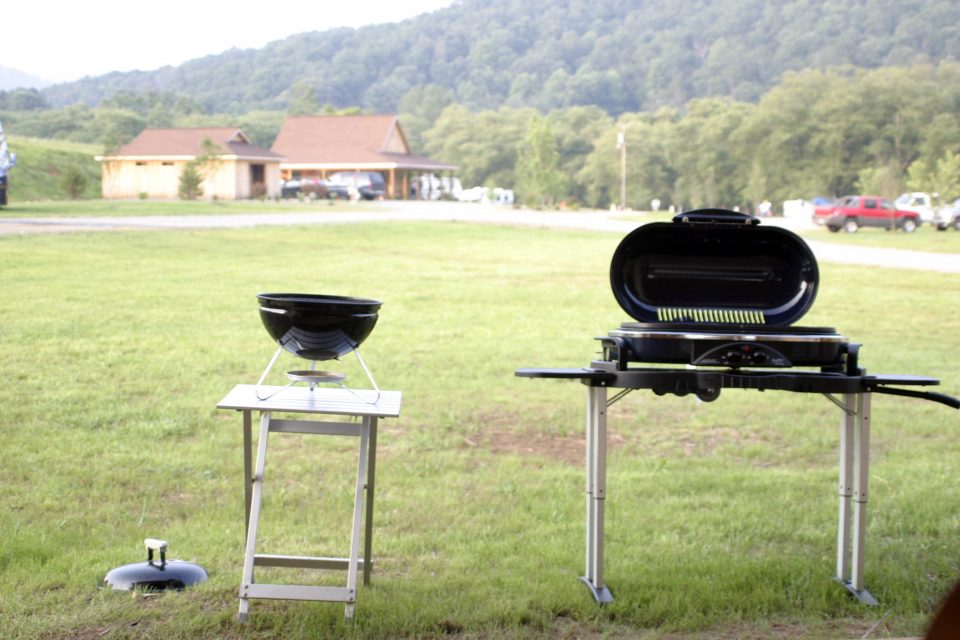
As they say, “One man’s trash is another man’s treasure”. If you’re looking to get rid of something, even though it’s still in excellent condition, you may want to consider giving (or selling) it to another camper instead of just throwing it in the trash. Can’t find someone who’s interested in taking it? You can also try listing it online.

